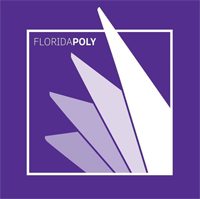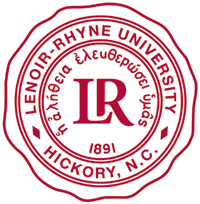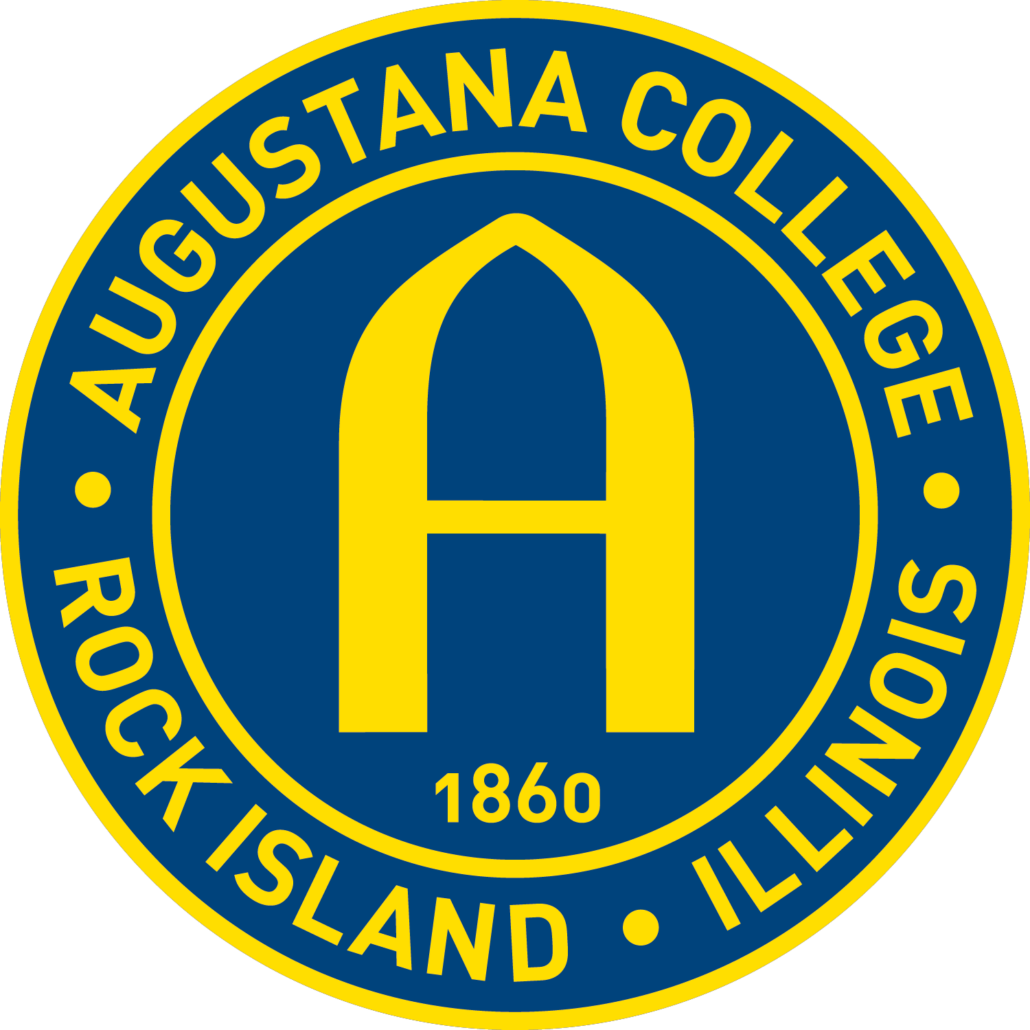Unlock Student Success at Scale
Empower your institution with tools and strategies that actually work—designed to improve academic performance, increase retention, and support faculty development. From behavior-based learning models to practical, research-backed methods, we help you turn insight into impact across your campus.

Trusted by Leading Institutions Across the Nation
Who We Help:

Whether you’re leading a flagship research institution or a regional college with limited resources, we tailor our methods to fit your unique context—ensuring every initiative is both scalable and sustainable.
Our work spans rural campuses and urban universities alike, with solutions that address the nuanced challenges of diverse student populations.
Institutions partner with us not only to solve immediate academic concerns, but to cultivate long-term cultures of learning, reflection, and measurable improvement.
We’ve supported teams navigating accreditation cycles, curriculum redesigns, and large-scale change efforts—all grounded in practical tools and human-centered insight.
How We Help:
Overcoming Student Performance Challenges
Are high DFW rates holding your students back? At The LearnWell Projects, we provide the support students need to excel, driving academic success and unlocking their full potential.
Strengthened freshman cohorts become the foundation for immediate achievements and sustained academic growth.
Solving Retention and Enrollment Issues
Facing challenges with student retention and enrollment? Our data-driven interventions reimagine learning environments, equipping students to thrive at every stage of their journey.
Holistic solutions drive higher graduation rates while ensuring institutional stability and growth for years to come.
Addressing Faculty Development Needs
Are high DFW rates holding your students back? At The LearnWell Projects, we provide the support students need to excel, driving academic success and unlocking their full potential.
Strengthened freshman cohorts become the foundation for immediate achievements and sustained academic growth.
We close the gap between faculty and administration by aligning academic goals with your institution’s broader vision. The result is a thriving environment where educators, students, and the entire academic community grow together.
Let’s Talk About Your Institution’s Next Breakthrough.
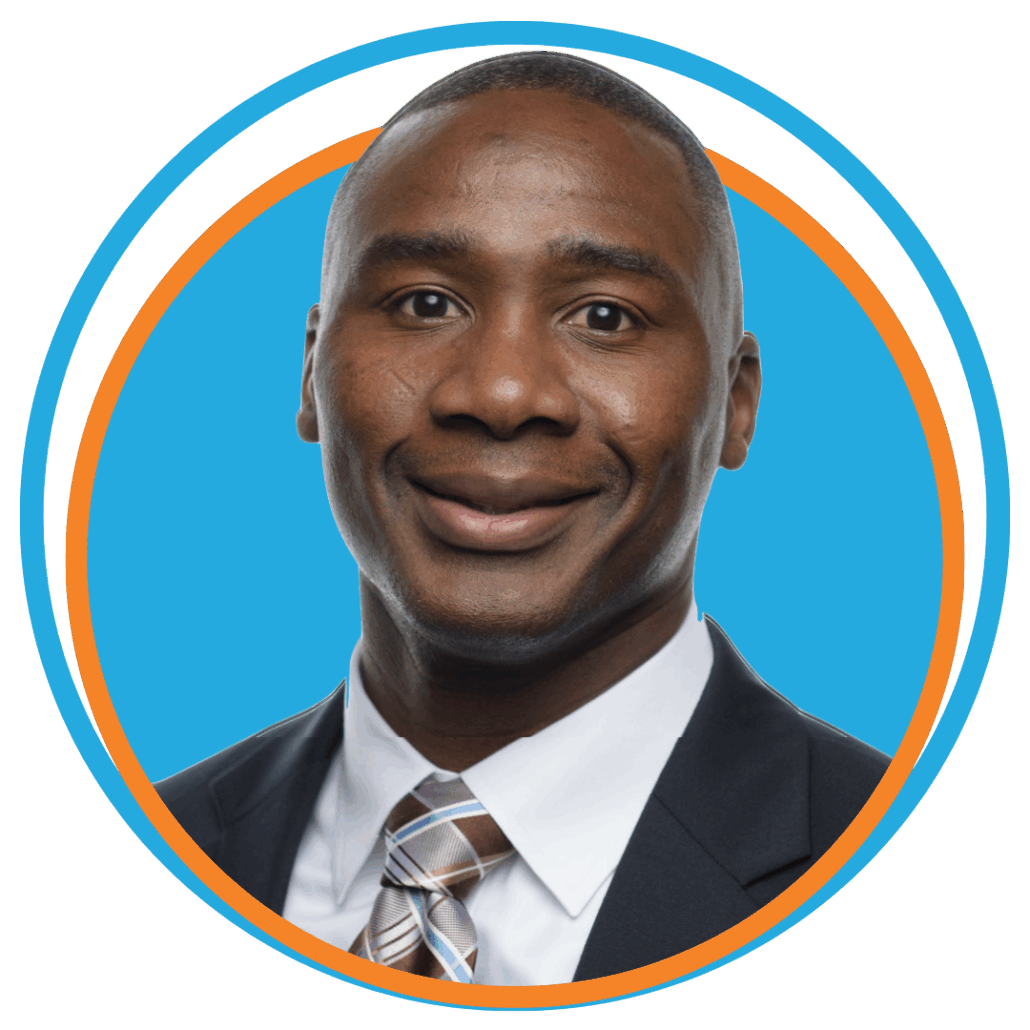
Schedule your free consultation with The LearnWell Projects today. Together, we’ll identify your most pressing challenges and explore proven strategies to boost student success, improve retention, and strengthen faculty development. Let’s take the first step toward measurable, lasting academic excellence.
Leonard Geddes
Founder & Higher Education Strategist
Case Studies

High Performance in the Humanities
Consultancy Period: 2021-2023 Consultancy Outcome Launched during the Covid-19 pandemic, this project helped four HBCUs achieve noted improvement in complex cognitive work and student engagement, which were critical post-pandemic goals.…
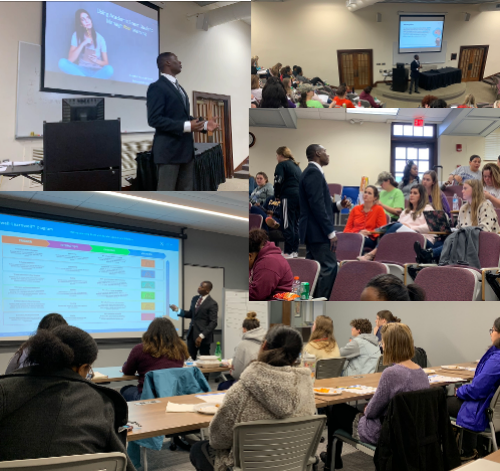
Turning the Tide for Struggling Students
Wesleyan College: 2020–2021 Timing is everything, but there’s never a bad time to solve a problem. Our project began with in-person sessions and quickly adapted to virtual ones as COVID-19…

First-Year Success is Key to Total Success
Florida Polytechnic University: 2021–2024 A stunning structure deserves academic excellence, doesn’t it? This project launched a focused intervention to tackle persistently low performance in early math and STEM gateway courses.…
Recent Insights
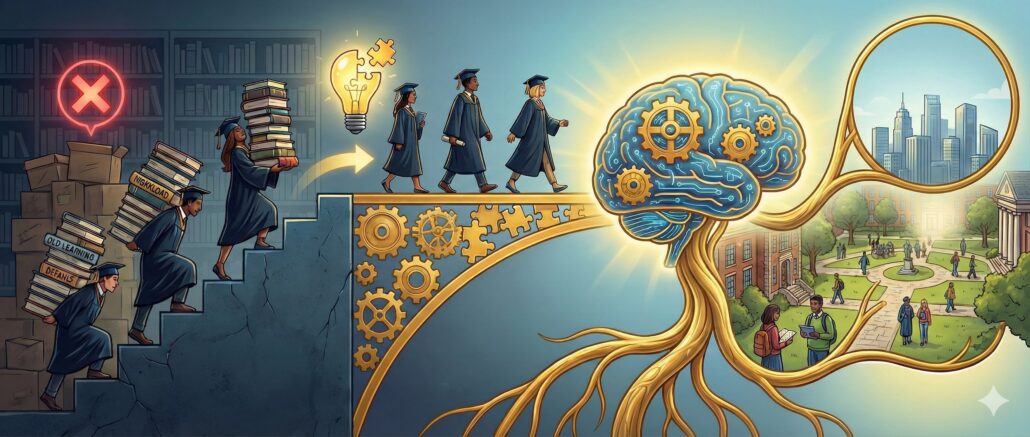
Start Here: Academic Rigor & Complexity Series
The Academic Rigor & Cognitive Complexity Series Higher education’s biggest challenges are visible. The best solutions are not. This three-part series uncovers the hidden infrastructure shaping academic rigor, persistence, graduation,…

Academic Rigor in the Age of AI: Why Cognitive Complexity Is the Real Career Readiness Skill
The economy is not asking graduates to know more information. It is asking them to manage complexity more effectively.

From Factories to AI: Why the World Still Needs Thinkers, Not Just Workers
Is the world about to make a cataclysmic error? Across dinner tables, in boardrooms, and throughout media headlines, a familiar question continues to echo: Is higher education still worth it?…

